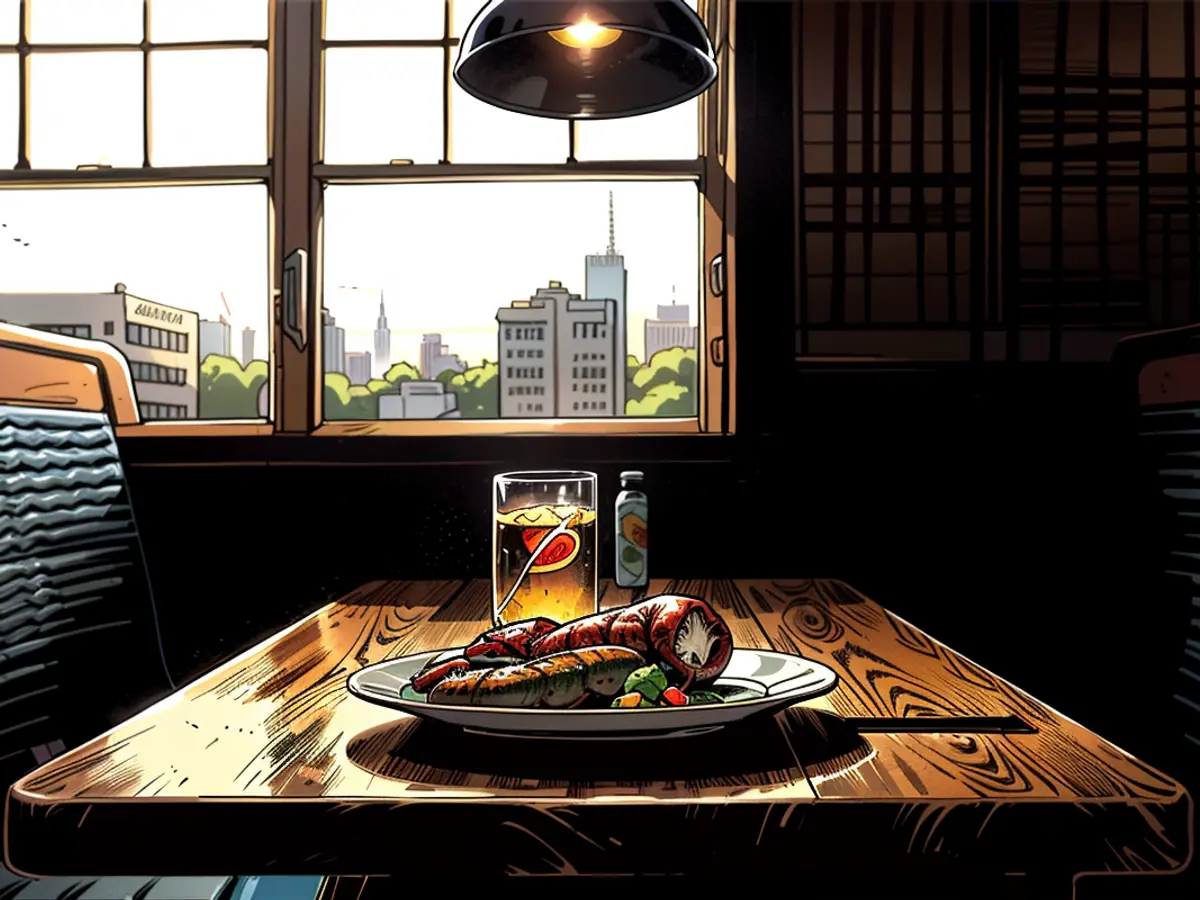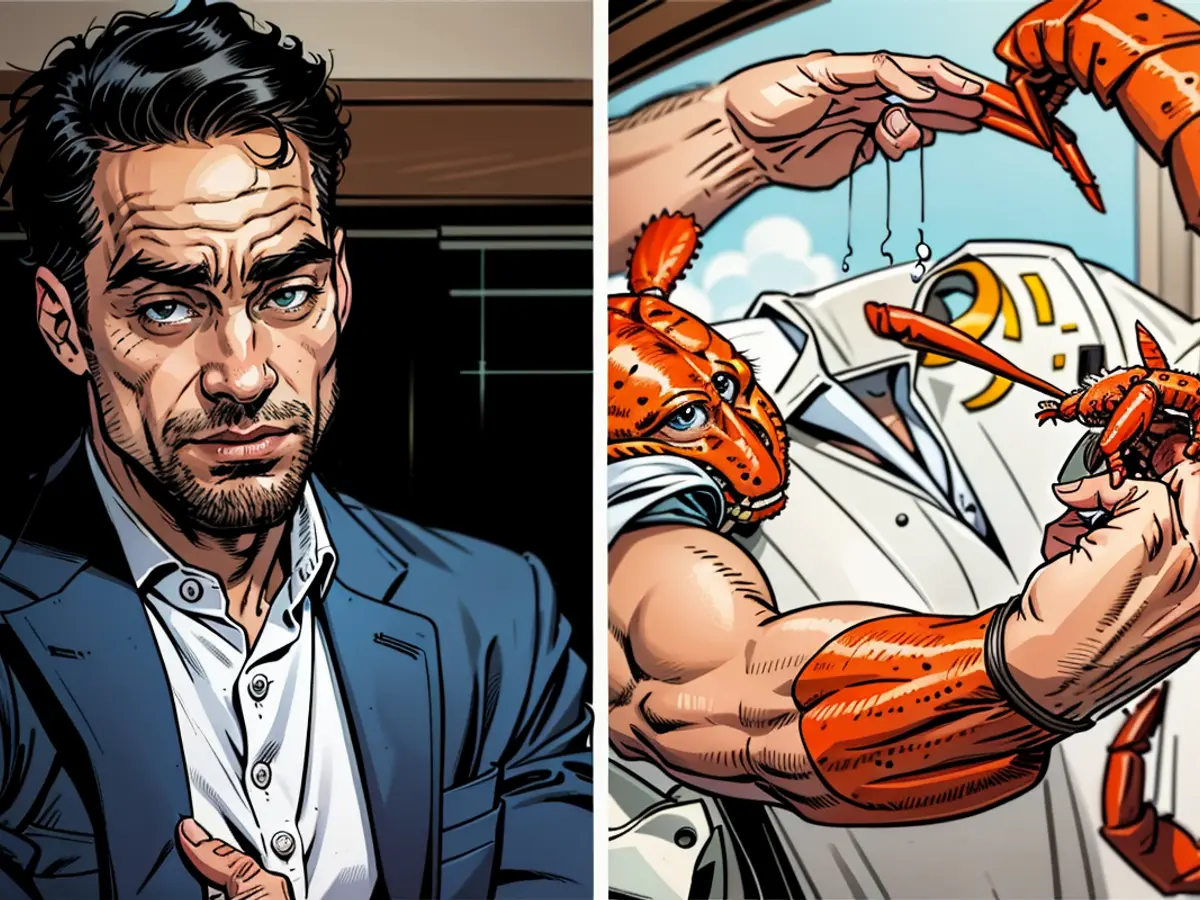Red Lobster is in disarray. Learn the reasons why the fresh 35-year-old CEO was keen on taking on the position despite the challenges.
Damola Adamolekun, the fresh 35-year-old CEO of Red Lobster, is taking charge of a business in turmoil.
"There's a rut to dig out of, and that's going to be the hardest part," Adamolekun explained to CNN last Friday over lobster tail, snow crab legs, garlic shrimp scampi, crispy dragon shrimp, and cheddar bay biscuits.
"It's been a tough period in bankruptcy, and the closures have affected many people," he said as couples and families started trickling into the newly renovated – yet largely uneventful – Red Lobster in a Long Island, New York, outlet mall, complete with a tank of lobsters and a friendly waitstaff.
Born in Nigeria to a neurologist and a pharmacist, Adamolekun grew up in Zimbabwe and the Netherlands before relocating to Springfield, Illinois, at the age of nine. Red Lobster was one of his first stops at a chain restaurant in the United States, and it became a "staple" for his family.
His first Red Lobber experience took place after church with his parents and siblings one Sunday. It was at Red Lobster where Adamolekun, like millions of Americans, got the chance to try lobster and crack open crab legs for the first time.
Adamolekun wanted to lead Red Lobster's resurgence because of its history as the "first truly successful casual dining chain in America at scale." Bill Darden, a pioneer of the casual dining revolution in America, opened Red Lobster in 1968. The chain thrived during the 1970s and '80s under General Mills' ownership.
He was also drawn to Red Lobster because of its "cultural influence." Celebrities such as Chris Rock and Nicki Minaj worked there before they gained fame. Beyoncé sang about taking a romantic partner to Red Lobster in her 2016 hit song "Formation."
After Red Lobster filed for bankruptcy, Flava Flav ordered the whole menu in an attempt to save the company.
"Mr. Flav has done a lot. We're extremely grateful for him," Adamolekun said.
Improving services and menus
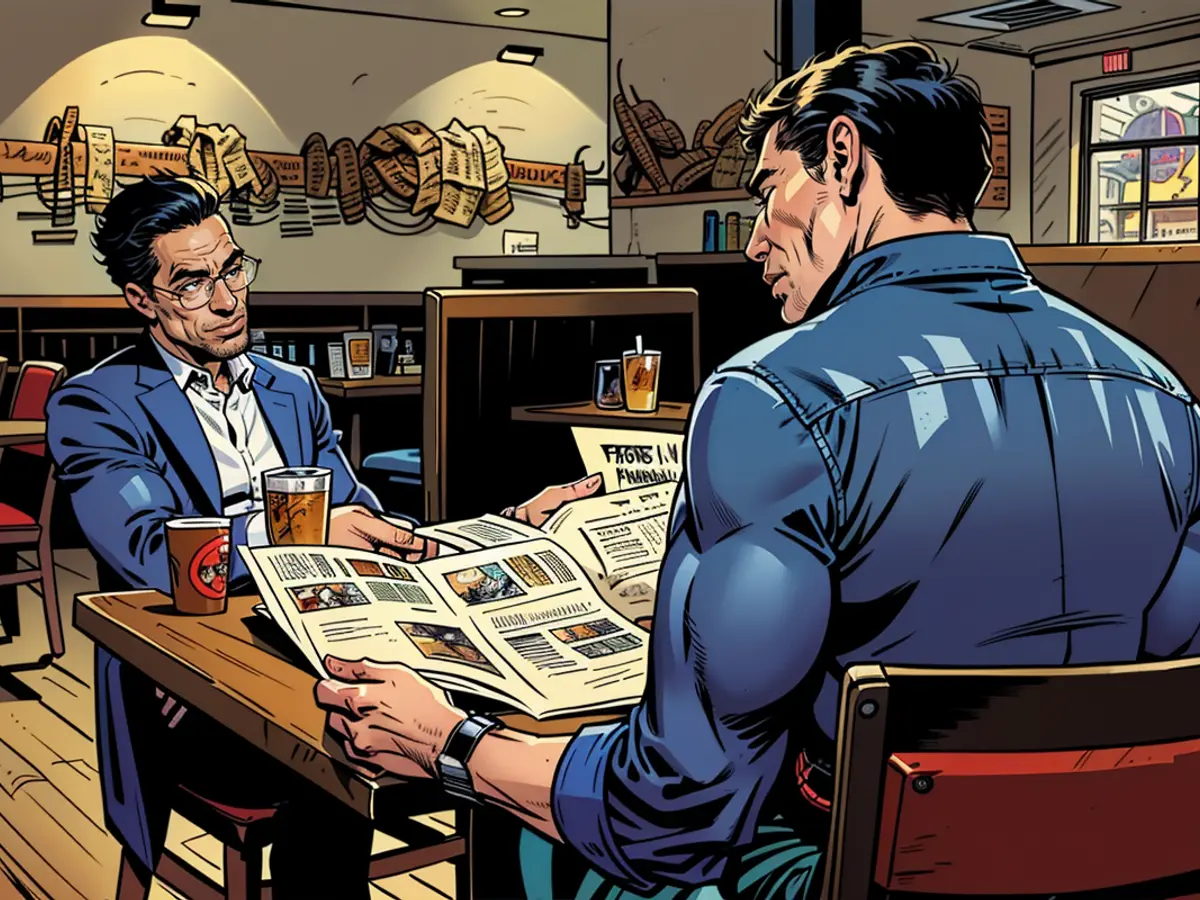
Red Lobster emerged from bankruptcy last month under new ownership, led by one of its creditors, Fortress Investment Group. Fortress initially pledged $60 million to revitalize the chain.
Adamolekun's plan for the company focuses on "step-by-step enhancements" rather than a major overhaul.
Red Lobster will not close any more restaurants, he said, and he will concentrate on upgrading table service, streamlining the menu to simplify kitchen operations, and freshening up the dining rooms.
Red Lobster must retain its Baby Boomer customer base, which accounts for around 40% of its clients, aged 55 and older. The demographic Red Lobster labels as "traditional quality fans." Meanwhile, attracting a new generation of diners is essential.
Flounder will stay on the menu due to its popularity with older customers, he said. But Adamolekun wants to enliven the ambiance to appeal to younger clients, who have stronger loyalty to casual dining rivals like Olive Garden.
This means dishes that breeze onto the table sizzling on a hot stone plate and cakes that appear with sparklers as customers celebrate their birthdays. It was the same approach Adamolekun used while CEO of P.F. Chang's, which he called "jazz on the table."
Red Lobster also struggled to consistently draw in middle-income consumers with more disposable income, said Clarence Otis Jr., former CEO of Darden Restaurants from 2004 to 2014, when Darden owned Red Lobster.
Some analysts believe that Adamolekun needs a more daring strategy to propel Red Lobster.
"It can begin with incremental changes, but he needs to transform it into something more sustainable in the long run," said RJ Hottovy, an analyst at Placer.ai. Hottovy predicts that Red Lobster will shutter additional locations in the future, despite Adamolekun's commitments.
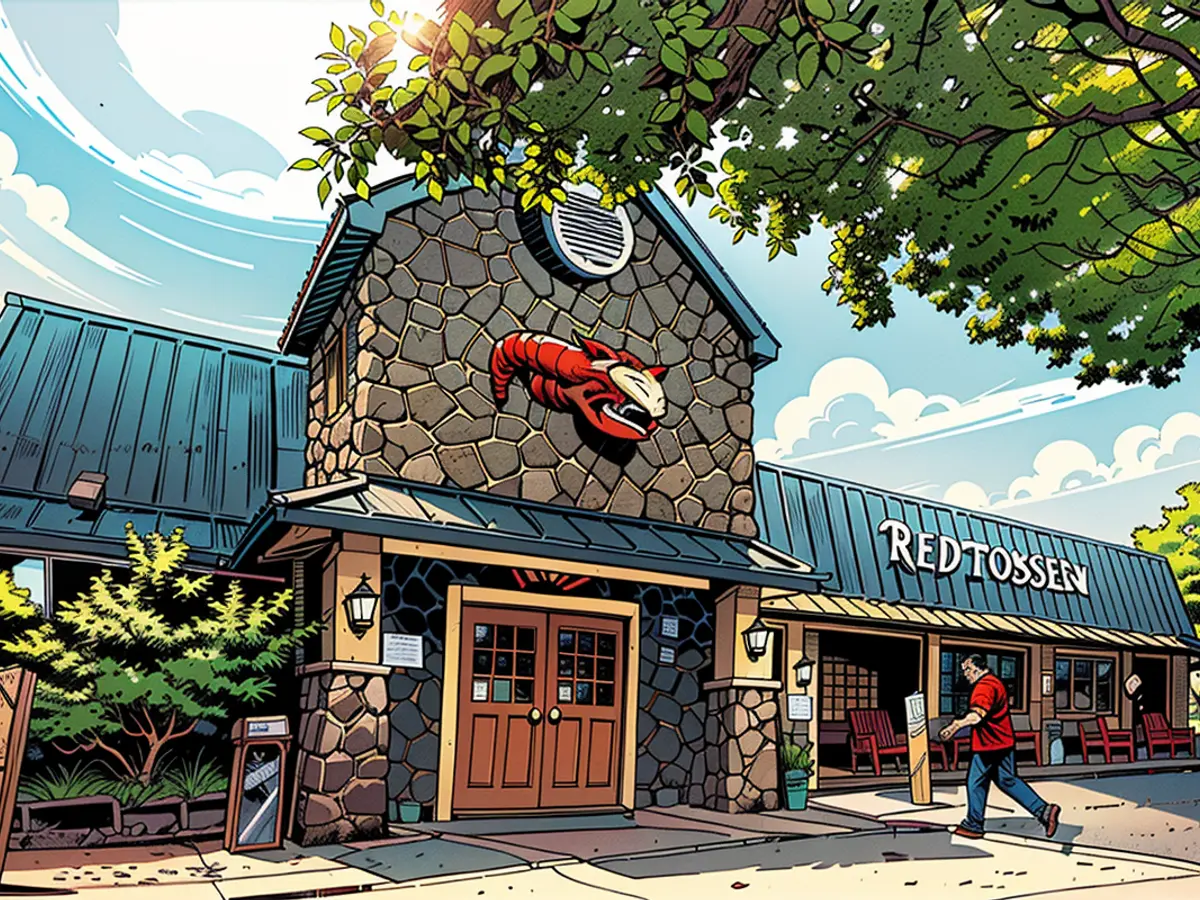
"In five years, I bet it's smaller in terms of locations, but probably more stable with a slightly more elegant image," Hottovy said.
"A lot of turmoil"
Adamolekun will inherit a chain that has been sliding for over a decade, but its decline intensified under seafood conglomerate Thai Union Group.
In 2020, Thai Union, a veteran shrimp provider for Red Lobster, acquired a 49% stake in the company, becoming its major shareholder. Former Red Lobster personnel previously told CNN about a toxic and demoralizing environment under Thai Union. As Thai Union installed executives at the chain, numerous veteran Red Lobster leaders were let go or resigned en masse.
"I have to believe (Thai Union) wanted to do the best they could. The core problem is they're not restaurant operators; they're suppliers for shrimp," Adamolekun said.
Last year, Red Lobster made $20 endless shrimp a permanent menu item for the first time since its inception as a limited-time offer nearly two decades ago. However, when Adamolekun saw the $20 endless shrimp deal, he thought, "that's a rather costly product to offer in infinite quantities."
The misstep backfired catastrophically for Red Lobster. Customers stayed at their tables for extended durations, consuming courses upon courses of unlimited shrimp. Service slowed, and wait times increased. Red Lobster lost $11 million in the quarter following the deal, and Thai Union divested from the chain this year, reporting a $530 loss on its investment. Thai Union's CEO vowed to never eat lobster again.
"You're pushing the kitchen staff to their limits, straining the servers, and causing headaches for the host. People can't even find a table," Adamolekun pointed out. "It creates a real operational mess."
CNN didn't receive a response from Thai Union regarding their request for comment.
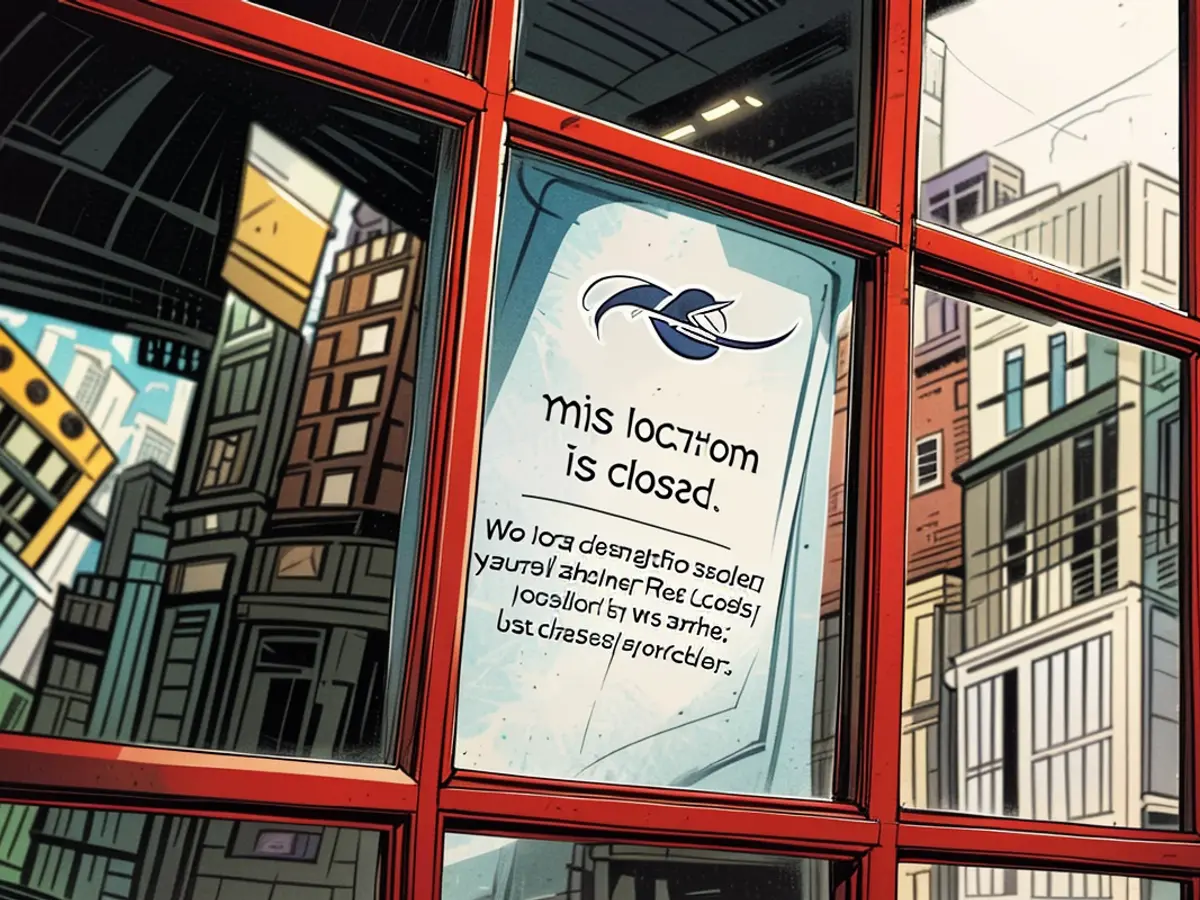
Taking Over P.F. Chang's in Troubled Times
Adamolekun's family relocated to Columbia, Maryland, before he entered high school. He played safety in football and then at Brown University.
Following his graduation from Harvard Business School in 2017, Adamolekun joined Paulson & Co., the investment firm founded by billionaire hedge-fund manager John Paulson.
With P.F. Chang's parent company putting the Chinese restaurant chain up for sale, Adamolekun saw a chance to expand P.F. Chang's delivery service. He proposed the investment idea to John Paulson, and the company bought a dominant stake in P.F. Chang's in 2019, with Adamolekun taking a seat on its board of directors.
Every week, Adamolekun traveled from New York City to P.F. Chang's headquarters in Scottsdale, Arizona. He took on the role of chief strategy officer, overseeing the development of P.F. Chang's mobile app and delivery business.
Then the Covid-19 pandemic hit in March 2020, and P.F. Chang's CEO resigned a month later. John Paulson asked Adamolekun, who had never been a CEO, to take charge.
Thanks to its robust takeout and delivery service, P.F. Chang's managed to stay afloat during the pandemic while several other restaurant chains went bankrupt. Adamolekun eventually stepped down as CEO last year. John Paulson and P.F. Chang's acknowledged his contributions.
Adamolekun's attention turned to Red Lobster next.
Reviving Red Lobster
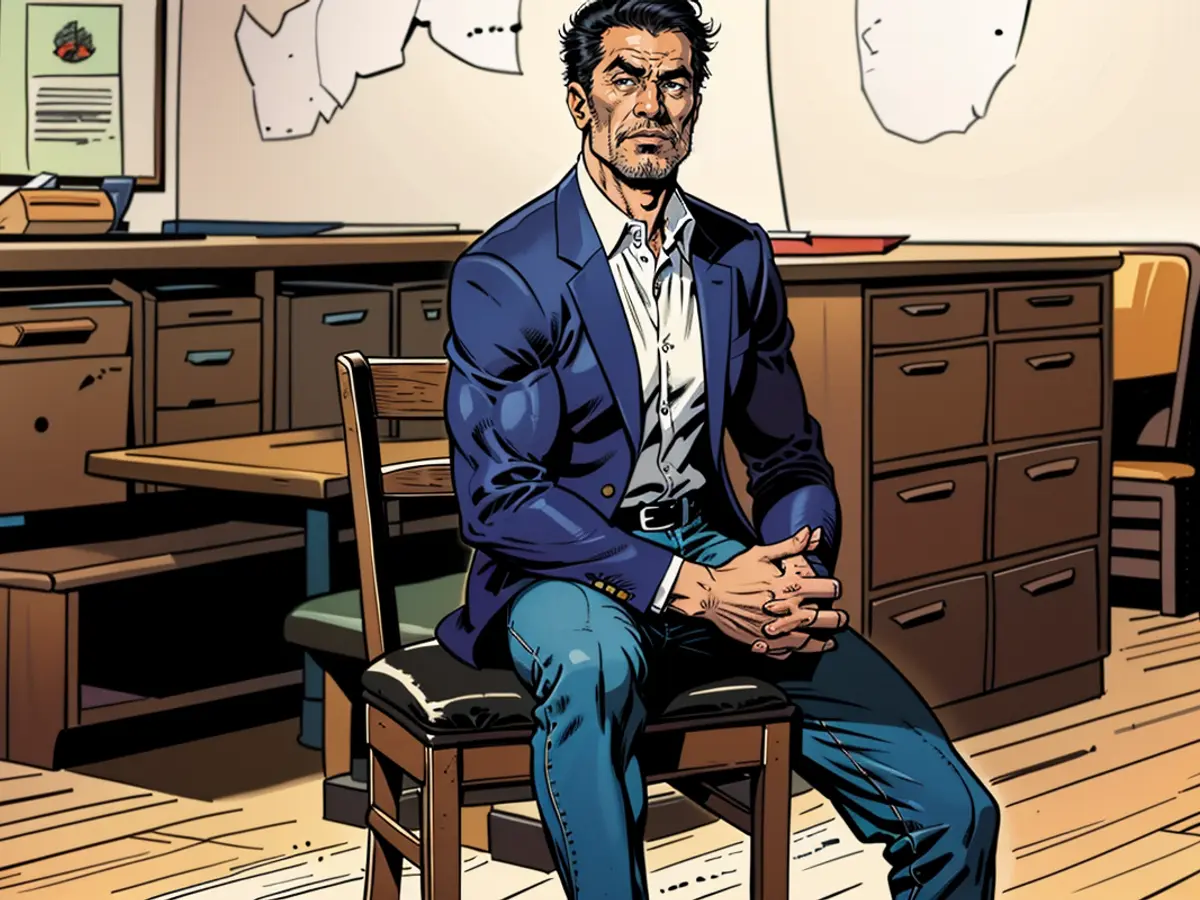
Red Lobster was on the brink of bankruptcy in March. Adamolekun started consulting for Fortress, the firm managing Red Lobster, according to Fortress managing director Morgan McClure. In August, Fortress appointed Adamolekun as Red Lobster's CEO.
"We needed someone with energy and a willingness to dive deep into the nitty-gritty," McClure said.
Red Lobster has been plagued by a lack of investment, outdated technology, and staffing issues. Customers have complained about too few staff members, with Red Lobster cutting back on bartenders and hosts at certain times.
"The most noticeable issues are related to staffing," Adamolekun said. "Everyone notices when something is missing."
Red Lobster is working on a refresh program to modernize its restaurants, with new layouts, décor, lighting, music, and waiter uniforms. However, Adamolekun wants to avoid alienating traditional customers by making the changes too drastic.
The endless shrimp promotion had driven away traditional customers, according to Adamolekun. Instead of a quiet lunch, customers found themselves surrounded by large groups of shrimp eaters and TikTok filmmakers.
Adamolekun didn't rule out bringing back the endless shrimp promotion, but he promised it would be executed differently to avoid overwhelming the staff and disrupting the restaurants.
"I wouldn't say never, but certainly not as it was," he said. "We won't have it in a way that loses money and isn't managed effectively."
"Despite the challenges, Red Lobster's new CEO, Damola Adamolekun, is committed to improving the business, focusing on step-by-step enhancements, such as upgrading table service, simplifying the menu, and freshening up the dining rooms."
"Adamolekun's goal is to appeal to both the Baby Boomer clientele, who are a significant portion of Red Lobster's customer base, and attract a new generation of diners, offering dishes that create a lively dining experience, like those that sizzle on a hot stone plate and cakes that are served with sparklers."
